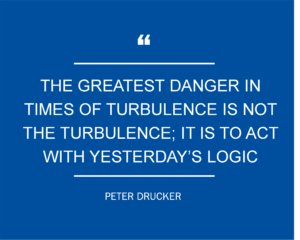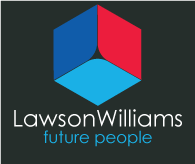Career Capital – Human Capital
Part 2 in a series on building your Career Capital.
In our last blog we discussed the changes that are occurring in the New Zealand employment market and we introduced the need to be proactive around building your Career Capital, the Social, Human and Psychological components that will enable us to achieve and maintain a competitive edge in the future workforce.
This month we were presented with the news that Fonterra is looking to sell its Brands business which was a shock to many however seems logical in terms of Fonterra’s strategy.
Optimists would say, this is nothing new, industry is always changing and there will be new opportunities that arise if the sale goes ahead. Pessimists might think differently, seeing another iconic New Zealand food business likely to be owned by an international company and leading to possible rationalisation.
Regardless of which side you sit there is rapidly growing recognition that we will continue to operate in increasingly turbulent or dynamic times.
As a result, sustaining your career in 2024 and beyond is not about complacency but about constantly nurturing your skills, connections, and mindset. It’s about being ready for what happens next in the world of work.
Peter Drucker made an important statement a few years back,

Career Capital – Part 2 – Human Capital
At its core, Career Capital is the portfolio of resources professionals build over the course of their careers. This portfolio encompasses three primary components: Social, Human and Psychological.
Human Capital is specifically the skills, knowledge, and expertise that increase your value in the job market.
There are two strategies for building Human capital.
Continuous Learning and Skill Development
In the rapidly changing job market, continuous learning is not just beneficial; it’s essential. We must remain adaptable, investing in both hard skills—technical abilities specific to our field—and soft skills such as communication, leadership, and problem-solving. This involves seeking out professional development opportunities, further education, and certifications relevant to your career aspirations.
Gaining Diverse Experiences
Varied experiences, including different roles, industries, and even cultures, enrich your professional toolkit. They not only broaden your skillset but also enhance your ability to think critically and adapt to new situations. Volunteering, internships, and project-based roles are excellent ways to gain diverse experiences.
So, what’s new?
In turbulent or dynamic times, the important concept of being proactive in the development of your Career Capital is that it covers 3 distinct areas of development. The Social (covered in Part 1) and Psychological aspects (to be covered in Part 3) have risen in importance alongside the Human Capital aspect that we are more familiar with.
None should be ignored. By focusing on building Human, Social, and Psychological Capital, you will better navigate the complexities of the job market with confidence and agility, ensuring greater long-term success and fulfilment.
